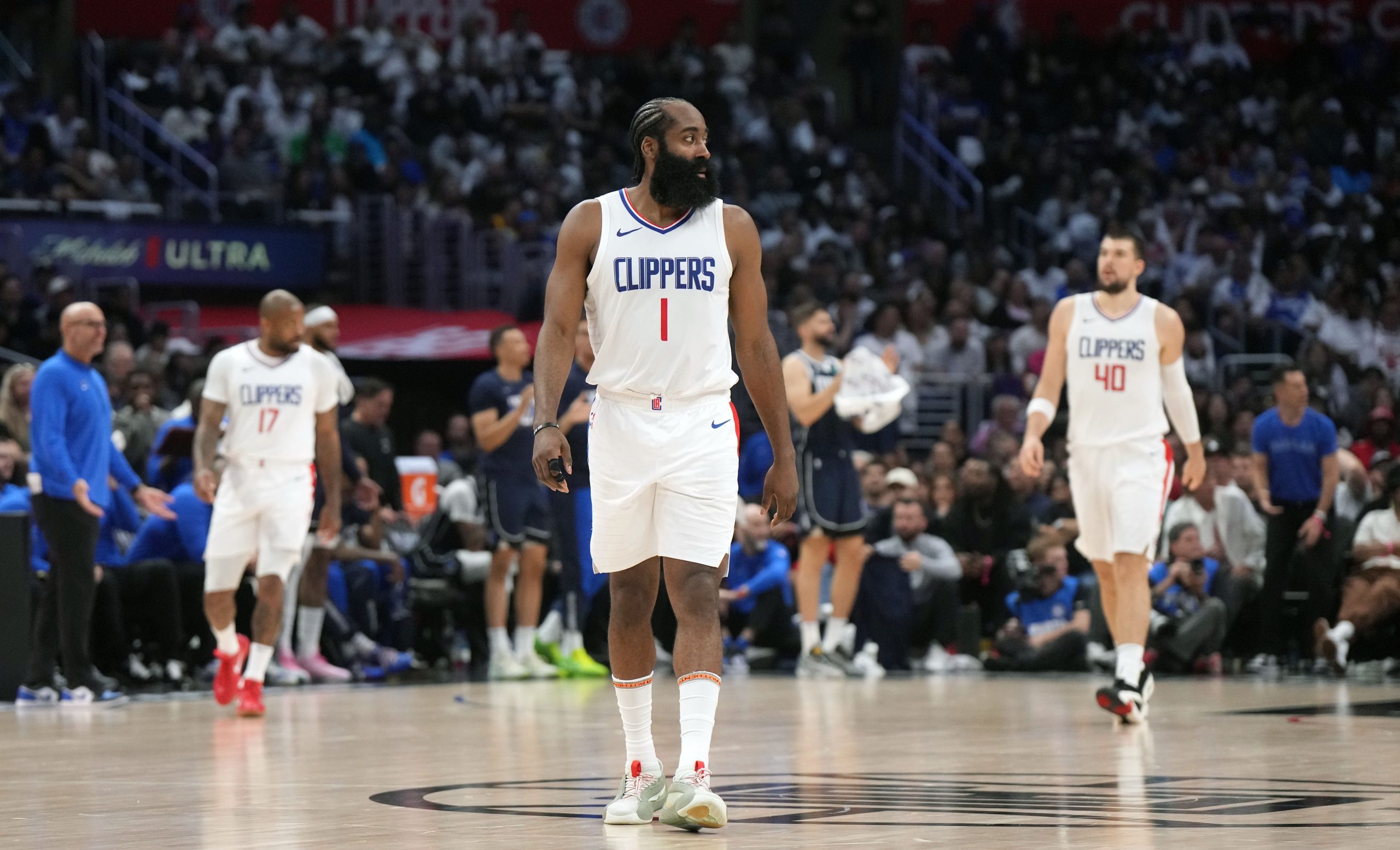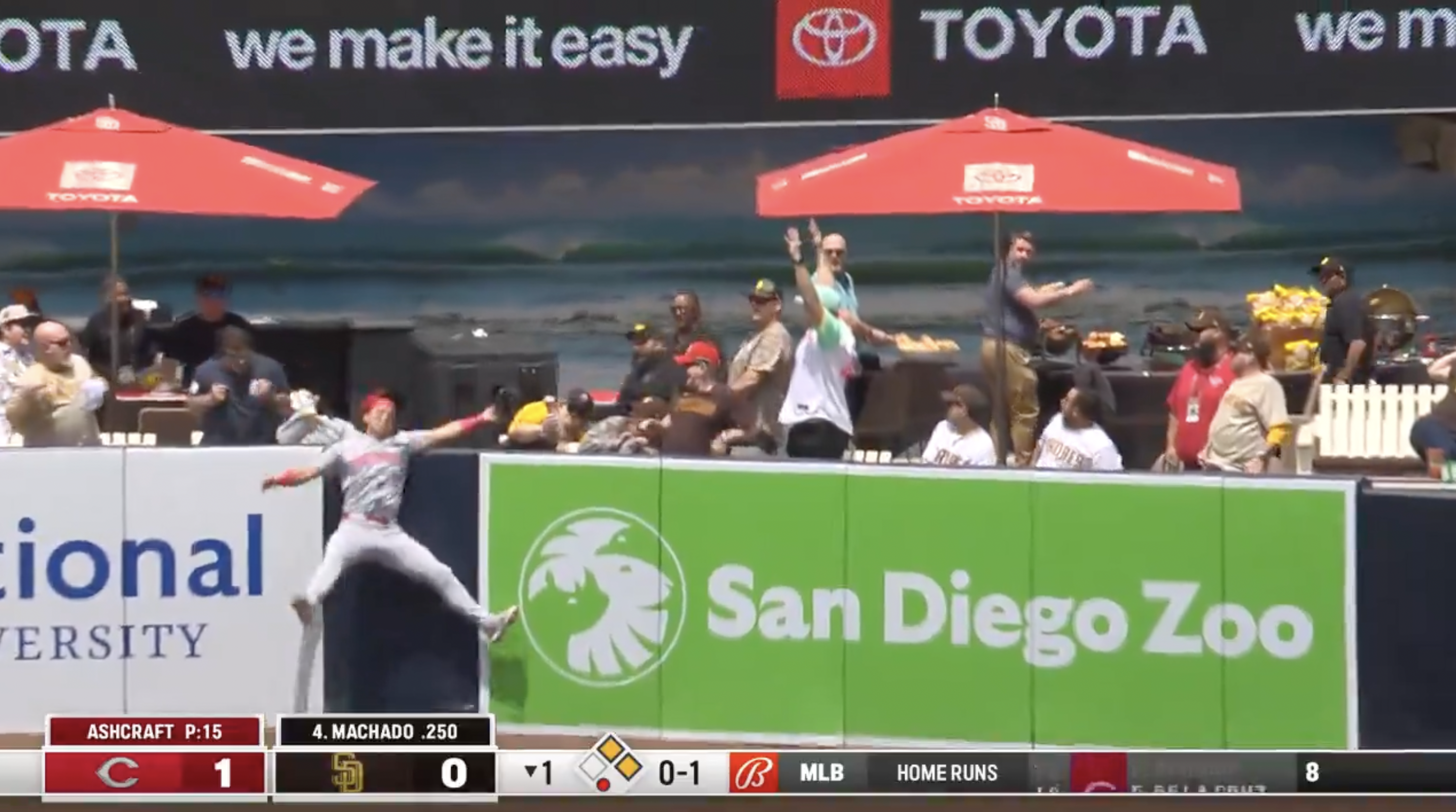The NCAA could be one step closer to altering the way graduate transfers affect a school’s academic scores used for postseason eligibility as well as some of the key rules used on the football field.
One would have an impact on the overall integrity of the academic portion of the student-athlete experience, while the other could simply just lead to college football games taking longer to complete.
Let’s focus on the academic portion of this story first.
Concerned that graduate transfers in football and basketball are not actually thriving in achieving a second degree at a new school, the NCAA Division 1 academic committee has announced it will review policies regarding how graduate transfers are counted in the annual Academic Progress Rate scores.
To help the integrity of the important APR scores, the committee is proposing no longer allowing graduate transfers to automatically count for a retention point used in the APR system. The automatic point would be removed if the graduate transfer is enrolled in any undergraduate work at the new school. Two-thirds of all graduate transfers in football and basketball end up not earning their second degree at their new school.
“This policy change could hold schools accountable for the academic progress of all students and make it more likely that students enrolled in graduate programs will receive the support and encouragement they need to finish their degree,” said Ohio University President Rod McDavis, the committee chairman.
Other proposals to be reviewed include the possibility of mandating two-year scholarships for graduate transfers, which would have the intention of providing more academic support to earn that second degree. Otherwise, the graduate transfer rules in place now merely serve as an easy out for a chance to get some better playing time in the final year of college eligibility.
As it stands now, graduate transfers are allowed to be eligible to play right away at their new programs so long as they own a diploma from their previous school. As of now, there is no discussion about stripping that automatic eligibility, which is good. No rule changes regarding the graduate transfer rule would take place until 2017-2018.
The targeting rule in college football, however, is a completely different story.
Next week, the NCAA football rules committee will address a number of potential rule changes for the sport. One of the more notable possible changes could come to the controversial targeting rule, which has been a maddening rule since the day it was introduced. It is not so much the intent of the rule that bothers fans, but the lack of consistency in which it is called and enforced.
In an effort to enhance the safety intended to be provided by the rule, the rules committee will review a proposal that would allow an instant replay official in the booth to call targeting penalties missed by the on-field officials. This does little for the consistency of the targeting call enforcement, but does lead to the possibility of longer college football games, which have already been growing in length as it is.
If the rule is passed, it could go into effect this fall. That could potentially mean the booth official would have to call down to the on-field official, let him know what the call is, and then review the penalty using instant replay. Good for player safety? In theory. Good for the fans? Absolutely not. We’ll see which way this rule proposal goes, if anywhere this year.
Other proposals to be reviewed and discussed by the rules committee include the illegal lineman downfield penalty (it could be trimmed from three yards to one), having a permanent medical examiner in the booth with the ability to call down to the field to have a player medically examined (this was implemented on a trial basis in 2015), whether or not a ball carrier sliding or giving himself up should be considered a defenseless player (more targeting calls!), and whether or not coaches should be allowed to use tablets or computers on the sidelines (which they do in corporate sponsored fashion in the NFL).
[ESPN]







